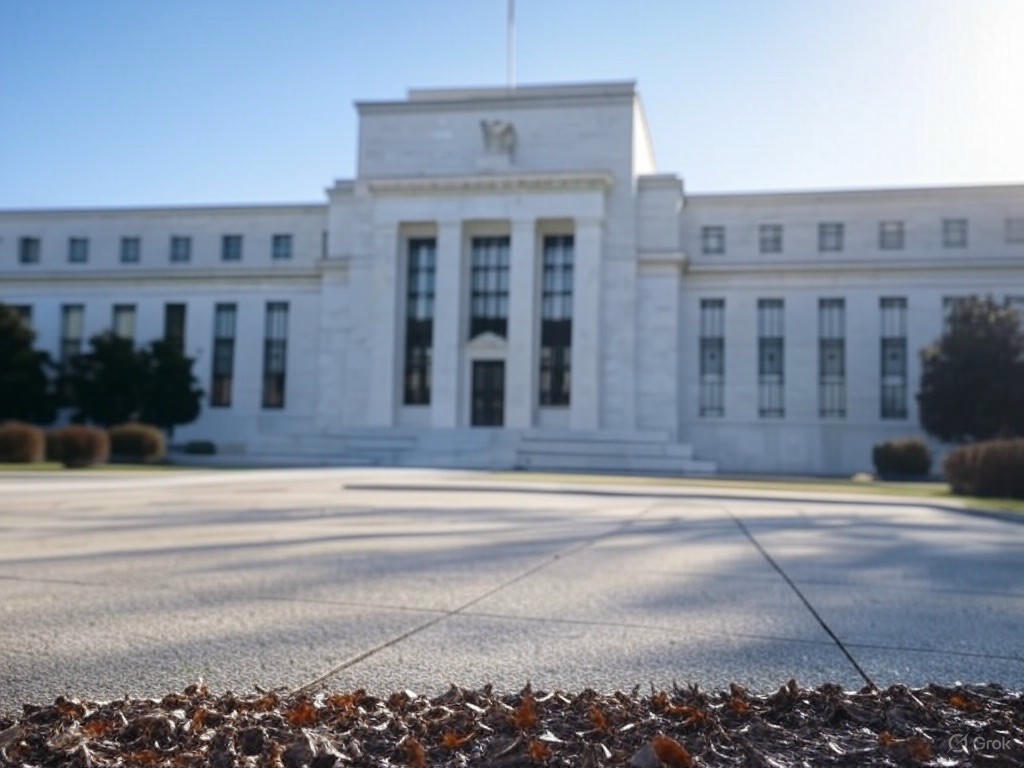The Federal Reserve, the central bank of the United States, has recently announced an increase in interest rates, marking a significant shift in its monetary policy. This decision is poised to have widespread implications for the economy, financial markets, stock market, bonds, and the broader landscape of investing.
Understanding the Federal Reserve's Decision
The Federal Reserve's primary tool for managing the economy is through adjustments to interest rates. By raising these rates, the central bank aims to combat inflation, which has been a persistent concern in recent months. Inflation erodes purchasing power and can lead to economic instability if left unchecked.

Impact on the Stock Market and Financial Markets
The immediate reaction to the Federal Reserve's announcement was a noticeable dip in the stock market. Higher interest rates typically make borrowing more expensive, which can slow down business investments and consumer spending. This, in turn, can lead to a decrease in corporate profits, affecting stock prices.
However, the long-term impact on the stock market can be more nuanced. Some sectors, such as financials, may benefit from higher interest rates as they can charge more for loans. Conversely, sectors like real estate and utilities, which are sensitive to interest rate changes, may face challenges.
Effects on Bonds and Investing
The bond market also feels the ripple effects of the Federal Reserve's decision. When interest rates rise, newly issued bonds offer higher yields, making existing bonds with lower yields less attractive. This inverse relationship can lead to a decline in bond prices.
For investors, the increased rates could mean higher returns on fixed-income investments. However, those with existing bond portfolios might see the value of their holdings decrease. This dynamic underscores the importance of strategic investing in a changing interest rate environment.
Broader Economic Implications
The Federal Reserve's decision to raise interest rates is a clear signal of its commitment to stabilizing the economy. By curbing inflation, the central bank aims to foster a more sustainable growth trajectory. However, the move also introduces new challenges, such as potentially slowing down economic activity if rates rise too quickly.

Conclusion
The Federal Reserve's recent hike in interest rates is a pivotal moment for monetary policy and the economy. As the central bank navigates the delicate balance between curbing inflation and supporting growth, the effects will be felt across the stock market, financial markets, bonds, and the broader landscape of investing. Stakeholders in the economy will need to stay vigilant and adapt to the evolving financial environment.